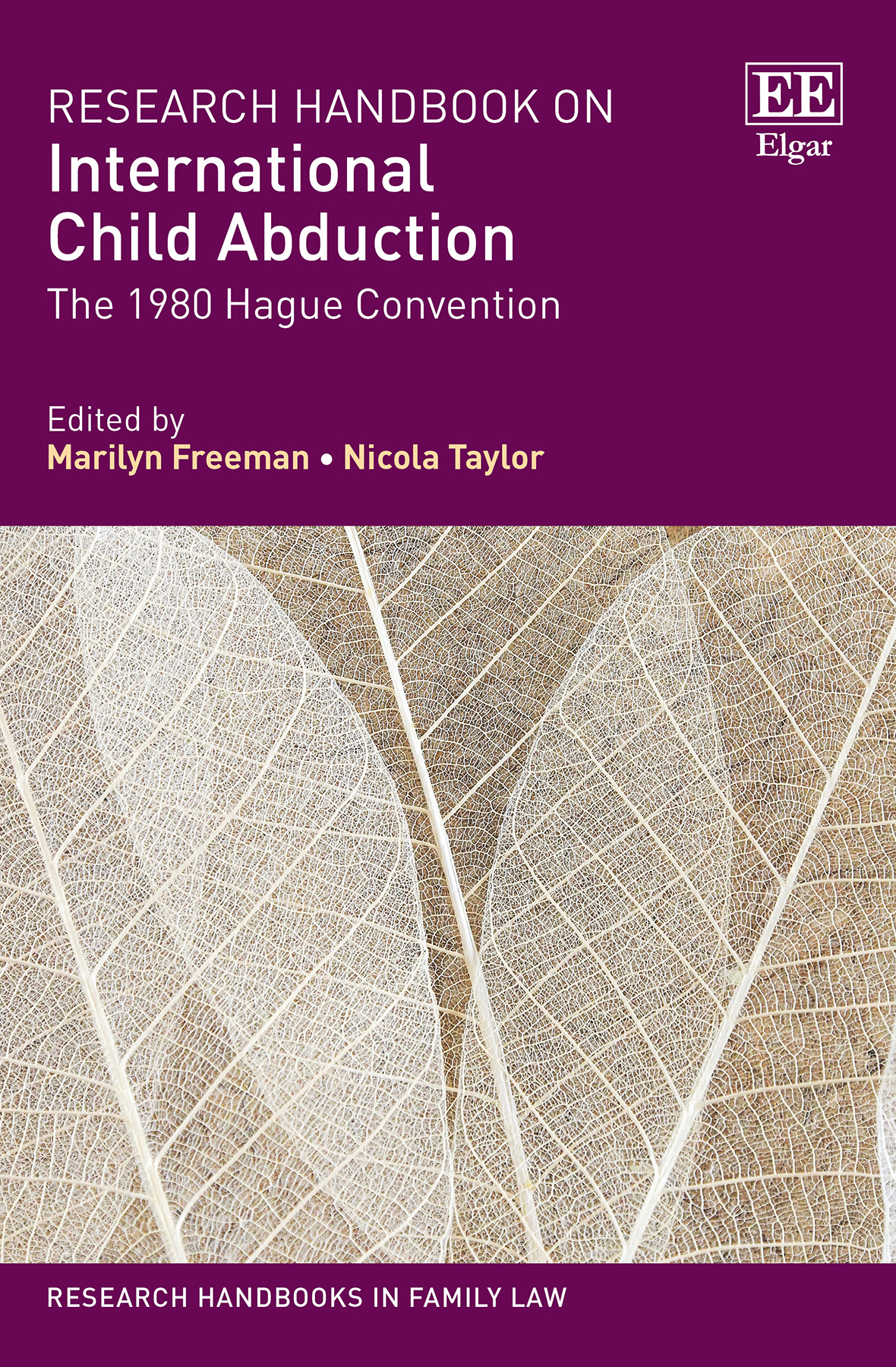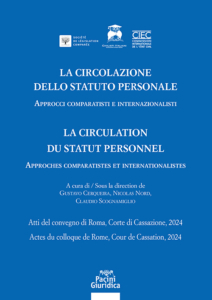Views
The Conflict-of-Law Rules in the UAE’s New Civil Transactions Act: Yet Another Missed Opportunity!

I. Introduction
On 1 January 2026, the Legislative Decree No. 25/2025 promulgating a new Civil Transactions Act (hereafter ‘NCTA’) entered into force. The NCTA repeals and replaces the former Federal Civil Transactions Act of 1985 (hereafter ‘the 1985 Act’). The adoption of the NCTA forms part of the State’s broader and ongoing effort to comprehensively update and modernize its legal system, an effort that has already touched major legislative instruments, including, among many others, the 2022 Civil Procedure Act, the 2024 Personal Status Act, the 2023 Competition Act, and the 2022 Commercial Transactions Act.
Since the 1985 Act contained a codified set of conflict-of-laws rules, its replacement necessarily entails a re-examination of the UAE’s private international law framework and, at least in principle, the introduction of new or revised choice-of-law provisions. Against this background, this note offers a preliminary and necessarily tentative assessment of the modifications introduced by the NCTA. It focuses on the main features of the new law in relation to choice-of-law regulation, highlighting both the changes introduced and the limits of the reform. Read more
Enforceability of foreign judgments for punitive damages under English law and South African law
This post is posted on behalf of Jason Mitchell, barrister at Maitland Chambers in London and Group 621 in Johannesburg.
In Motorola Solutions v Hytera Communications Corporation, the Court of Appeal held that a judgment that includes a punitive damages component is unenforceable in its entirety (the judgment is available here). The punitive component cannot be severed so that the judgment creditor can enforce non-punitive components.
Motorola sued Hytera in the U.S. One of its causes of action was under the Defend Trade Secrets Act, a federal statute that allows for punitive damages of up to double any compensatory damages. On that cause of action, the U.S. court awarded Motorola compensatory damages of $135 million and punitive damages of $270 million. Motorola tried to enforce the U.S. judgment in England. Read more
Book review: Research Handbook on International Child Abduction: The 1980 Hague Convention (Edward Elgar Publishing, 2023) – Part I

Written by Mayela Celis, Maastricht University
International child abduction is a topic that has given rise to an ever-increasing number of publications (our latest blog post attests to this trend). It easily sparks emotions among experts, sometimes triggering divergent views. However, from a global perspective, there is consensus on the basic principle: States should combat international child abductions and a child should be returned to the State of habitual residence, unless an exception is made out. In 2023, Elgar published the book entitled “Research Handbook on International Child Abduction: the 1980 Hague Convention”, eds. Marilyn Freeman and Nicola Taylor (Edward Elgar Publishing Limited, 2023). Although published a couple of years ago, it remains poignantly relevant.
This book brings together an adult who was abducted as a child, practitioners, judges, academics, NGO officials and central authority personnel. Many of the authors are at the forefront of this field and their contributions have left a long-lasting legacy in this area of law. While some topics are considered from an academic perspective, others have a more practical focus, striking the right balance between academia and practice. Read more
News
Hague Academy Collected Courses published in 2025
The following information was kindly shared with us by De Gryuter Brill.
The Hague Academy is a renowned international institution dedicated to the study and teaching of public and private international law. Supported and recognized by the United Nations, the Academy aims to foster rigorous and impartial analysis of legal issues arising from international relations. Its courses address both theoretical and practical dimensions of international law, including legislation and case law. In principle, all courses are published in the Collected Courses of The Hague Academy of International Law in the language in which they were originally delivered. The courses on private international law that were published in 2025 are:
- Volume 451: Garcimartin, F.: Responses to a Legally Fragmented World: A Private Law Perspective (General Course of Private International Law)
- Volume 449: Esplugues, C.: New Dimensions in the Application of Foreign Law by Courts (and Arbitrators) and Non-Judicial Authorities
- Volume 446: Dickinson, A.: Natural Justice in Recognition and Enforcement of Foreign Judgments
- Volume 446: McLachlan, C.: On the Interface Between Public and Private International Law (General Course on International Law)
- Volume 445: Rodríguez Benot, A.: Le régime économique des couples en droit international privé
For a full listing, including the courses on public international law and international arbitration, please visit The Hague Academy Collected Courses Online / Recueil des cours de l’Académie de La Haye en ligne.
Virtual Workshop (in English) on February 3, 2026: Stellina Jolly on “Forging a Path for Climate Justice: Integrating Public and Private International Law in Transboundary Litigation in India”

On Tuesday, February 3, 2026, the Hamburg Max Planck Institute will host its monthly virtual workshop Current Research in Private International Law at 11:00 a.m. – 12:30 p.m. (CEST). Stellina Jolly (South Asian University) will speak, in English, about the topic
“Forging a Path for Climate Justice: Integrating Public and Private International Law in Transboundary Litigation in India”
Cross-border climate litigation, gaining traction globally, requires active engagement with private international law for effective dispute adjudication. Although Indian climate jurisprudence has not yet substantively addressed cross-border disputes, emerging trends suggest that this scenario may soon evolve. The talk analyses three plausible litigation scenarios involving Indian and foreign parties to assess the readiness of Indian private international law in addressing transboundary climate harm. Firstly, Indian plaintiffs filing cases in foreign jurisdictions against transnational corporations headquartered abroad, alleging climate-related harm caused within India; secondly, foreign plaintiffs filing cases before Indian courts for the harm caused by Indian transnational corporations in their jurisdictions; thirdly, foreign plaintiffs filing cases before Indian courts for the transboundary harm caused by Indian companies as a result of their Greenhouse gas (GHG) emissions. The talk evaluates the adequacy of Indian private international law in addressing cross-border climate cases and proposes incorporating environmental and human rights considerations in the determination of choice of law.
The presentation will be followed by open discussion. All are welcome. More information and sign-up here.
If you want to be invited to these events in the future, please write to veranstaltungen@mpipriv.de.
New Book: La circolazione dello statuto personale / La circulation du statut personnel
 A new collective volume entitled “La circolazione dello statuto personale / La circulation du statut personnel” has recently been published by Pacini Giuridica. Edited by Gustavo Cerqueira (Nice), Nicolas Nord (Strasbourg) and Claudio Scognamiglio (Rome), the book brings together the proceedings of an international conference held on 19 January 2024 in Rome, in the prestigious Giallombardo Hall of the Italian Court of Cassation. Read more
A new collective volume entitled “La circolazione dello statuto personale / La circulation du statut personnel” has recently been published by Pacini Giuridica. Edited by Gustavo Cerqueira (Nice), Nicolas Nord (Strasbourg) and Claudio Scognamiglio (Rome), the book brings together the proceedings of an international conference held on 19 January 2024 in Rome, in the prestigious Giallombardo Hall of the Italian Court of Cassation. Read more


